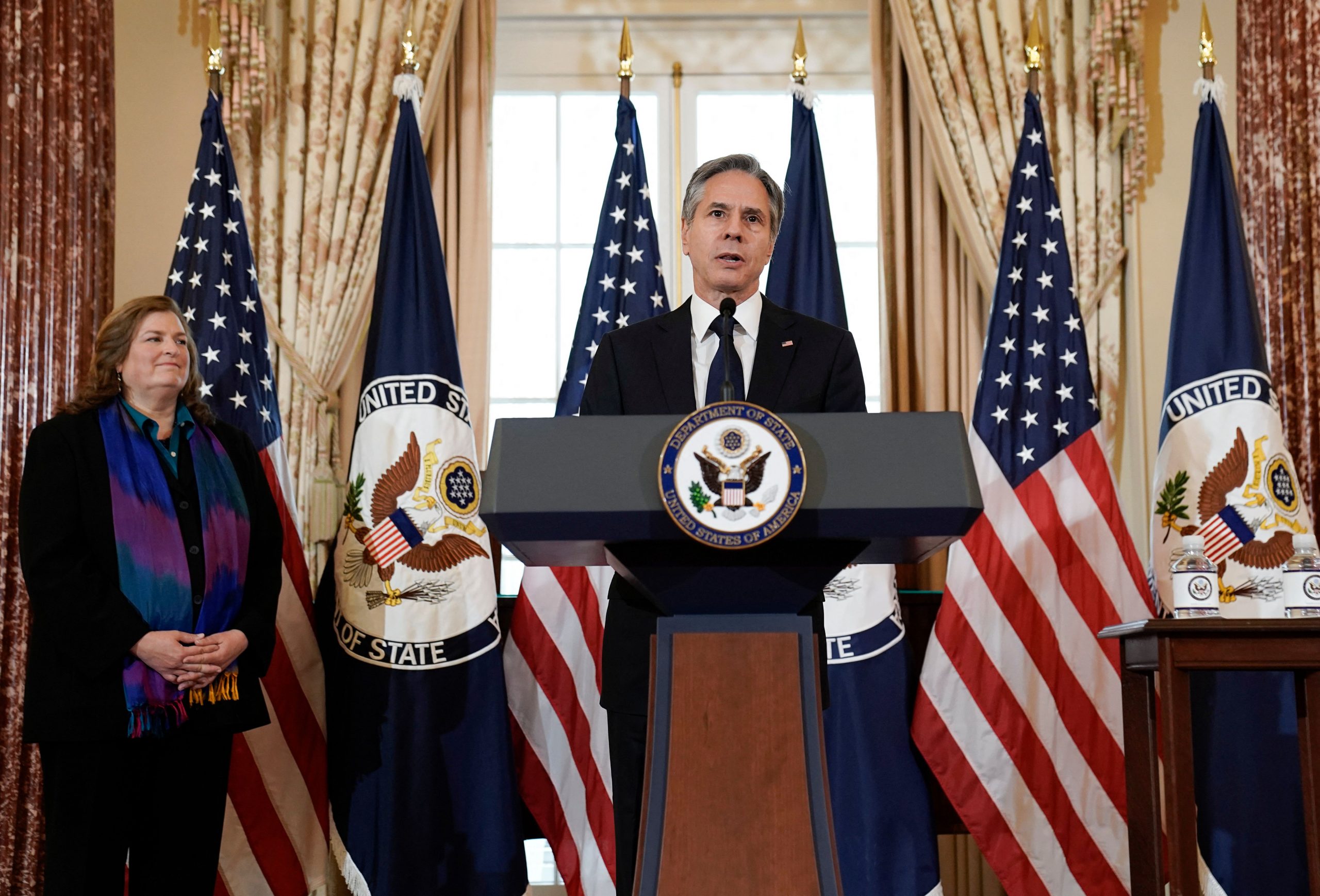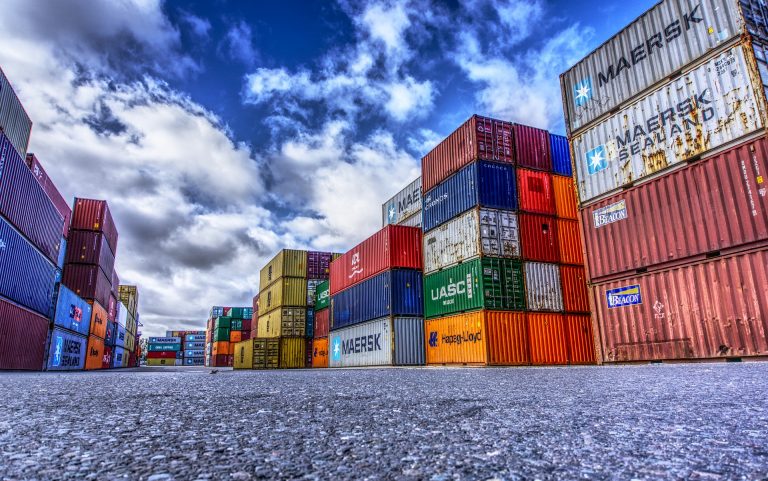On July 9th, the U.S. Department of Commerce’s Bureau of Industry and Security (BIS) announced that it had added 34 companies to its Entity List, an economic blacklist, for their involvement in activities contrary to the national security and foreign policy of the United States. Out of 34 entities, the majority is from China while the remaining are from hostile nations like Iran and Russia.
In a statement, Gina Raimondo, Secretary of Commerce, said that the department is “firmly committed” to taking action against entities that use American technology to further Chinese military modernization and for taking part in human rights violations in Xinjiang.
“We will continue to aggressively use export controls to hold governments, companies, and individuals accountable for attempting to access U.S.-origin items for subversive activities in countries like China, Iran, and Russia that threaten U.S. national security interests and are inconsistent with our values,” Raimondo said.
Out of the 19 sanctioned Chinese entities, 14 are based in the mainland and are said to have enabled the communist regime’s surveillance, repression, and mass detention of Uyghur, Kazakh, and other communities in the Xinjiang region.
Five were blacklisted for supporting the Chinese military’s modernization drive, including Command, Control, Communications, Computers, Intelligence, Surveillance and Reconnaissance (C4ISR) activities. Another eight entities were added to the blacklist for engaging in business that involved exporting American items to Iran.
Success
You are now signed up for our newsletter
Success
Check your email to complete sign up
Six entities were added for their involvement in procuring American-made electronic components that might have contributed to the advancement of Russian military programs. One more entity was included in the list for being involved in deals with Russia.
Aiding ‘counter-terror operations’ in China
Being added to the blacklist, these companies will now face severe restrictions with regard to the export, re-export, and transfer of items in the United States.
Xinjiang Sailing Information Technology is one of the listed Chinese companies; it was included for aiding government agencies’ “counter-terrorism operations,” a term that is often used by Beijing while cracking down in Xinjiang. Another firm, Xinjiang Lianhai Chuangzhi Information Technology Co, is a subsidiary of a state-backed military contractor, according to The Epoch Times.
In a July 9 press conference, Chinese foreign ministry spokesperson Wang Wenbin called the U.S. entity list as a “tool for suppressing” Chinese companies and industries, and the means by which Washington tries to “destabilize Xinjiang and contain China.”
The Chinese Commerce Ministry called the U.S. action a “serious breach” of international trade and economic rules, and promised to take “necessary measures” to protect the “legitimate rights and interests” of the Chinese companies.
The addition of 19 Chinese companies to the Entity List comes as Secretary of State, Antony Blinken, condemned the Chinese Communist Party on July 1 at the launch ceremony of the “2021 Trafficking in Persons” report. He accused Beijing of detaining over 1 million people in 1,200 state-run internment camps where many detainees were subject to “physical violence, sexual abuse, and torture to induce them to work producing apparel, electronics, solar equipment, agricultural products.”

On June 3, President Joe Biden signed an executive order that limited the flow of U.S. capital into 59 Chinese companies involved in surveillance and military activities. The order updated the Trump-era policy regarding such firms and designated the Treasury Department with the task of selecting Chinese companies to be blacklisted. The Trump administration had assigned this task to the Pentagon.
Republican Senator Marco Rubio had criticized the transfer of power to the Treasury, stating that the department is “too closely aligned with Wall Street” to prevent American savings from funding the CCP.
“We know for a fact that Wall Street is helping to finance the Chinese Communist Party’s effort to weaken and ultimately replace American leadership… The story of the past two decades has been America’s unwillingness to confront Beijing’s exploitation of our legal, political, and financial systems,” Rubio said.
In January, Rubio along with Democrat Jeff Merkley and other lawmakers had reintroduced the Uyghur Forced Labor Prevention Act (S.65) to ensure that goods made from forced labor in Xinjiang are not sold in the U.S.
“The fact that some of the products they’ve been forced to produce are ending up on American shelves is disturbing and unacceptable. We must ban the importation of these goods to ensure that we are not complicit in the genocide, and fully commit ourselves to holding the perpetrators accountable for these atrocities,” Merkley said at the time.
















